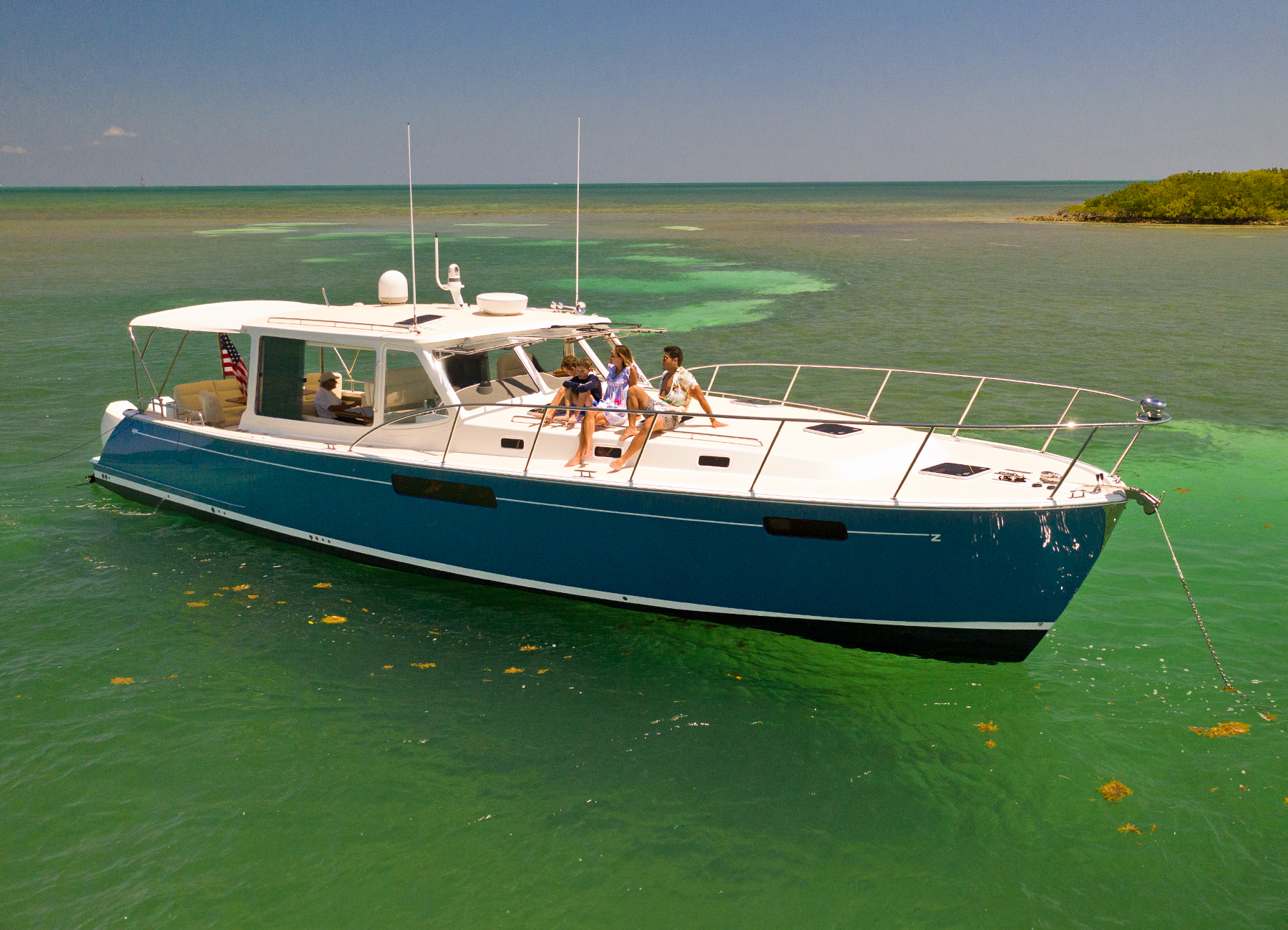It really depends on how much access you have for getting at maintenance items, my old '88 Four Winns isn't too bad, I reconfigured the rear seating so it comes out easy, instead of one huge seat I have 2 36" pontoon seats that come out individually and a bulkhead on a center hinge that makes it much easier. The hardest job I did on the I/O was changing the power steering actuator, that is behind the engine up against the transom, I wound up removing the exhaust system to get access and got it done.
Pros:
Simple GM marine engine, engine parts much much cheaper than outboards, can add closed cooling to a new or reman engine, for longer life than outboards
Cons:
poor access, anything on the rear of the engine is tough to get at, some repairs require an engine pull.
With the simple engine you have to deal with transom mount and outdrive
having said that I have made the same boat last me 20 years in salt water, I have not had to replace much on the outdrive or transom mount.
Actual repairs:
replaced tilt n trim hoses
replaced gimble bearing once and bellows twice
replaced the trim sender a few times
for the transom mount and outdrive that's it!
for the 4.3 V6, I did a top end overhaul about 6 years ago, I replaced the cyl heads due to overheat damage, the cooling passages in them were getting thin anyway due to 15+ years in salt water
replace the manifolds 3x over 20 years
Parts are cheap, repairs simple (most at least lol)

